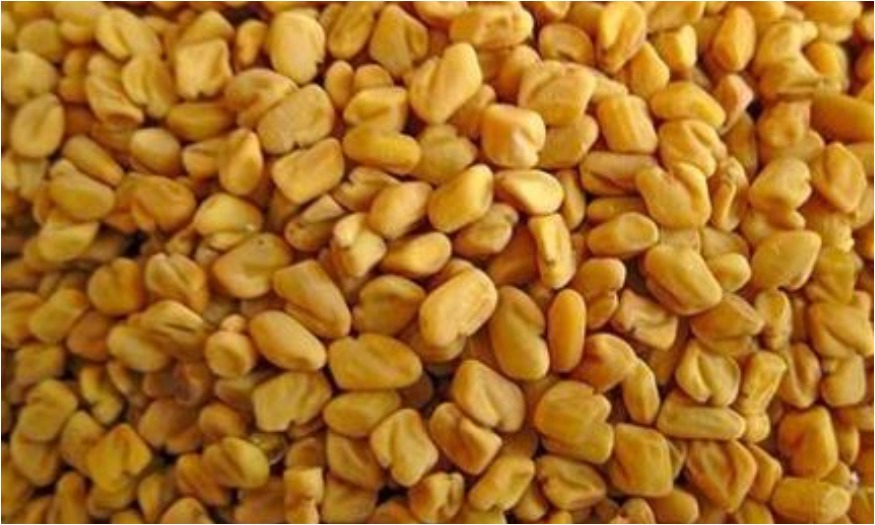
Fenugreek (Trigonella foenum-graecum) is indeed a well-known ayurvedic herb with potential health benefits for conditions like diabetes, obesity, and cholesterol management. Its therapeutic properties are attributed to the presence of various bioactive compounds, including saponins, flavonoids, alkaloids, and fiber. Here are some ways fenugreek may be beneficial for these health conditions:
- Diabetes Management: Fenugreek has been extensively studied for its potential anti-diabetic effects. The soluble fiber in fenugreek can slow down the absorption of sugar and improve glucose tolerance, leading to better blood sugar control. It may also increase insulin sensitivity and enhance insulin secretion, helping to reduce blood sugar levels.
- Obesity and Weight Management: Fenugreek’s high fiber content can promote satiety and reduce food intake, which may support weight management efforts. Additionally, it may have an impact on fat metabolism, potentially aiding in weight loss and reducing obesity-related risks.
- Cholesterol Reduction: Research suggests that fenugreek can help lower total cholesterol, LDL (low-density lipoprotein) cholesterol, and triglyceride levels. The presence of soluble fiber in fenugreek may play a role in binding to cholesterol and bile acids, promoting their excretion from the body.
- Anti-Inflammatory Properties: Fenugreek contains compounds with anti-inflammatory properties that may contribute to overall health, including its impact on chronic conditions like diabetes and cardiovascular health.
- Antioxidant Effects: Fenugreek is rich in antioxidants, which can help combat oxidative stress and protect cells from damage caused by free radicals.
It’s important to note that while fenugreek shows promise in managing diabetes, cholesterol, and obesity, it should not be considered a standalone treatment or replacement for medical advice and prescribed medications. It is crucial to work with a healthcare provider, especially if you have existing medical conditions or are taking other medications, to determine the appropriate dosage and ensure it is safe for you.
Fenugreek can be consumed in various forms, such as seeds, leaves, or supplements. However, excessive consumption of fenugreek may cause gastrointestinal discomfort or interact with certain medications. Therefore, moderation is key.
As with any herbal supplement or remedy, it’s best to consult with a qualified healthcare professional or an Ayurvedic practitioner to ensure it aligns with your individual health needs and to avoid potential adverse effects. They can help you create a safe and effective plan that incorporates fenugreek as part of your overall health management strategy.
